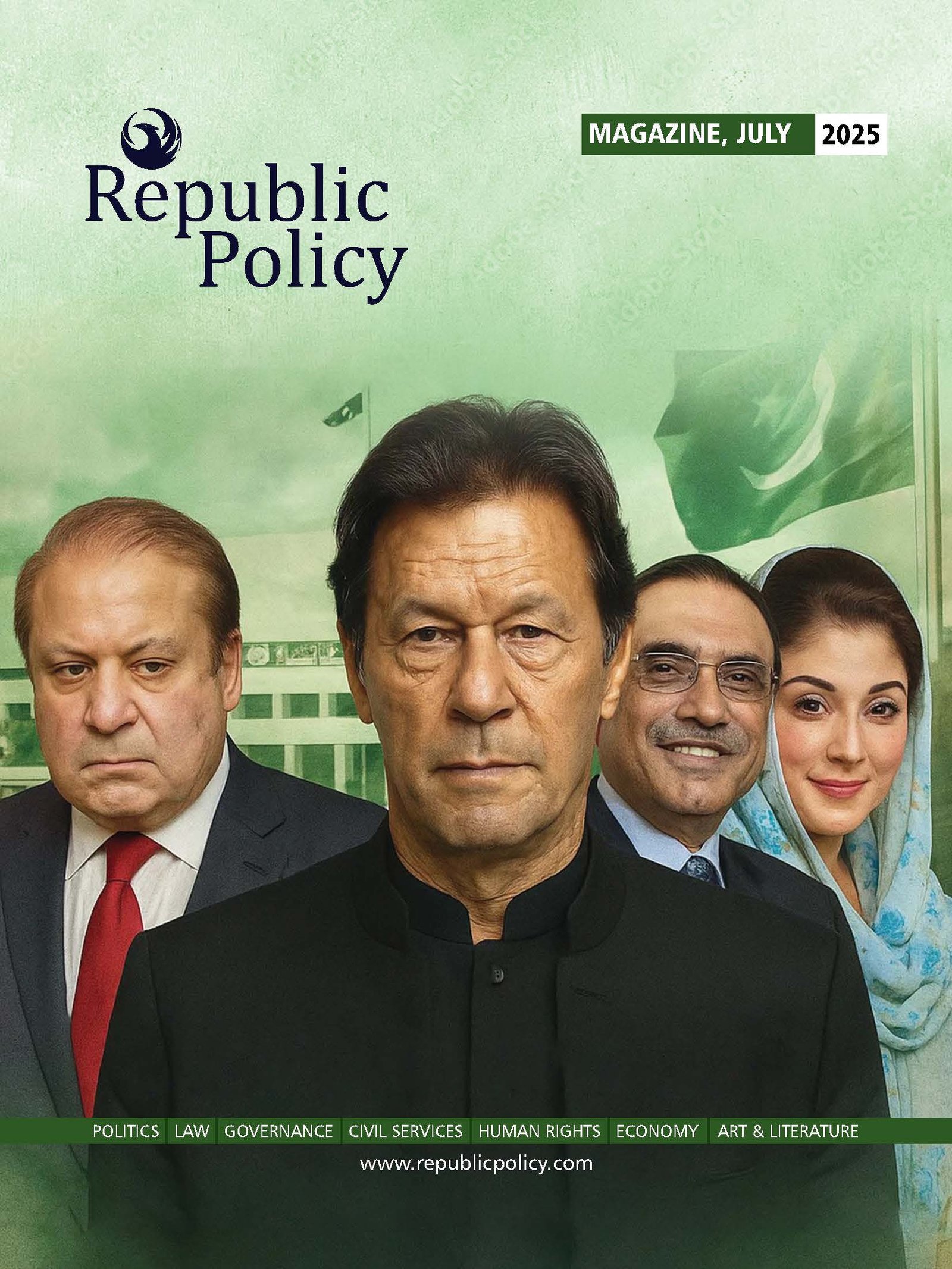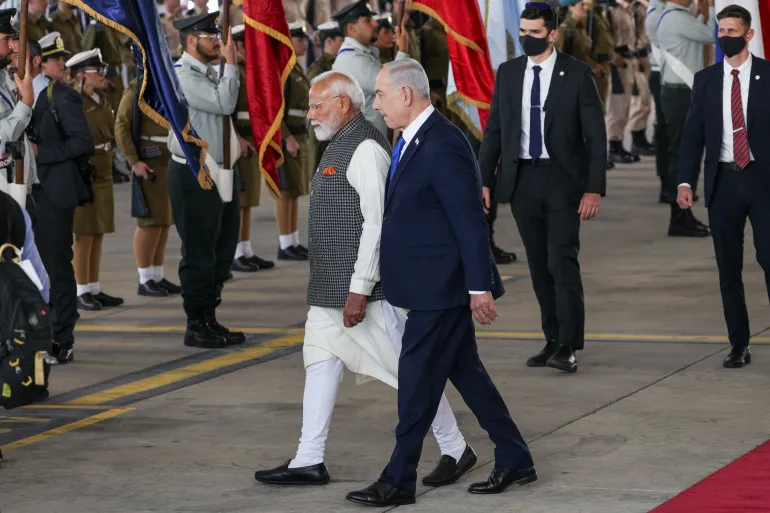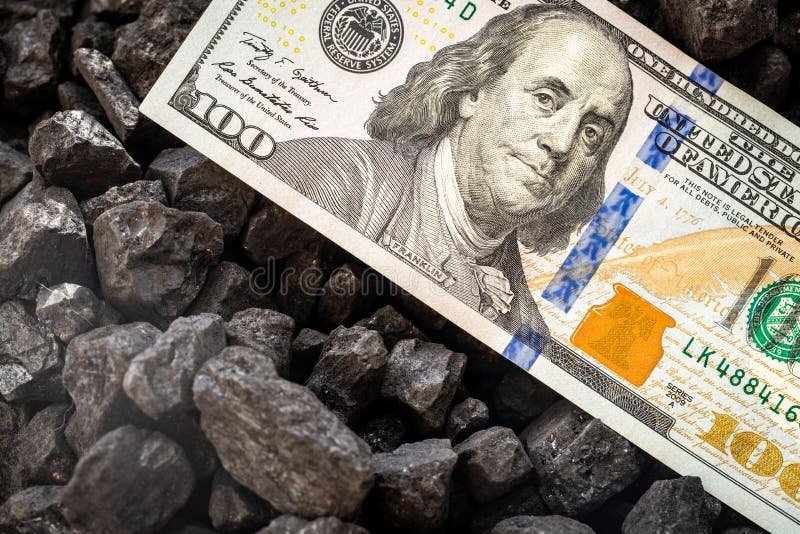Editorial
In democratic systems, political parties and governments possess the fundamental right to project their work and policies before the public. Projection is not merely publicity—it is also an essential mechanism of political accountability. By showcasing policies and performance, governments allow citizens to directly evaluate their actions, while providing a basis for public judgment and debate.
In this context, if a party chooses to highlight its projects, the rightful critique should primarily come from the opposition. Within a healthy democratic structure, the opposition has a natural role: to present counter-narratives, question policies, and generate purposeful debate. Such exchanges enrich the democratic process by balancing competing viewpoints and giving citizens the ability to make informed choices.
Unfortunately, this tradition remains weak in Pakistan. Media figures, anchors, and certain opinion-makers often reduce political projection itself to ridicule rather than engaging with its substance. This practice distorts the democratic culture, generating unnecessary suspicion among the public while pushing the real debate—performance, policy, and outcomes—into the background.
The proper role of media, think tanks, and analysts is to remain neutral and academic in their assessments. Instead of dismissing projection, they should scrutinize its underlying policies, data, and results. This approach fosters a democratic environment where governments can present their achievements, oppositions can critique constructively, and independent analysts can provide a balanced picture to the public.
Therefore, it must be recognized that political parties have the right to promote their work. However, criticism should remain constructive, rooted in neutrality, and directed toward improving governance rather than undermining it with personal attacks. Public money spent on projection must indeed be examined against political, administrative, economic, and ethical standards—but the very right of political communication cannot be denied. Only through such a balance can democratic trust and culture be strengthened.
















